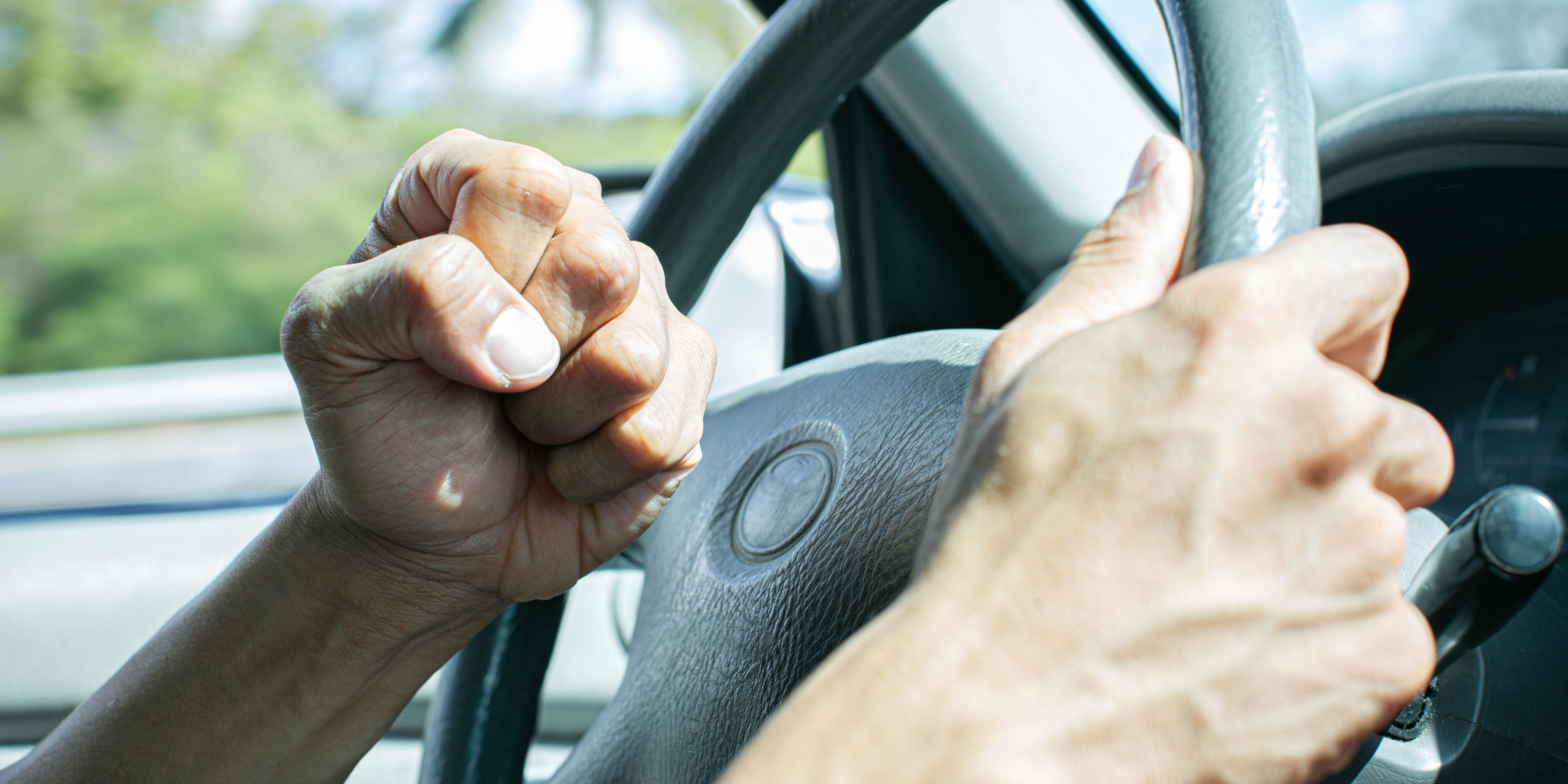Motorists are being warned that event verbal road rage or arguing with your passengers can land you with a fine.
International Drivers Association expert, Dominic Wyatt said people should keep calm, respectful, and remember that traffic dispute carry the potential for a £1000 fine in the UK.
The Verbal Assault Legislation in the UK
The UK legislation specifies that any road user, causing a threat or initiating a forceful argument, could be held responsible for ‘disorderly behaviour’. Section 5 of the Public Order Act 1986 explicitly stipulates that such unruly conduct might lead to severe financial penalties, ranging up to £1000.
The law applies to drivers having squabbles with their passengers, as well as confrontations with other road users, including drivers, cyclists, or pedestrians. UK law enforcement agencies, hence, stress maintaining composed and respectful interactions while on the road.
Risking More Than Just a Fine
While drivers may be quick to dismiss a potential £1000 fine as minimal, Dominic Wyatt underscores the larger, inherent risks that come with road disgruntlement.
He said: “Engaging in heated arguments while driving not only breaks the law but also hampers your focus on the road and reverberates an aggressive driving culture.
Ultimately, unforeseen hazards can emerge from such unassuming frustrations on UK roads:
• Loss of Concentration: Engaging in an aggressive dispute while driving compromises your ability to fully concentrate on the road ahead.
• Dangerous Driving: Arguments can provoke hostile road behaviours, such as sudden swerving, braking, or aggressive driving.
• Unsafe Road Environment: Continued road rage incidents foster an aggressive driving environment, endangering all road users.
Preventing Roadside Confrontations
Dominic Wyatt recommends drivers to adopt several preventative measures to avoid roadside confrontations.
These include:
1. Anger Management: Practice breath control techniques or listen to calming music to dissipate emerging road rage.
2. Avoiding Retaliation: Refrain from reacting to aggressive drivers and avoid escalating the situation.
3. Apologising: If an error on your part aggravates another user, it’s always best to apologise promptly, reducing the chance of conflict.
4. Reporting: If confrontations do arise, note the details, and report the incidents to local authorities.







